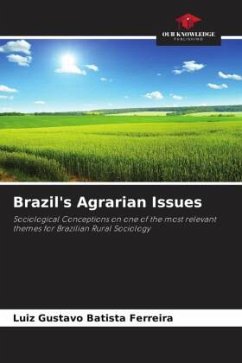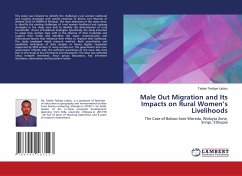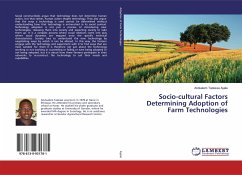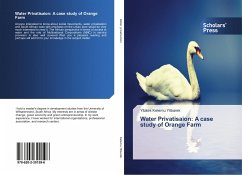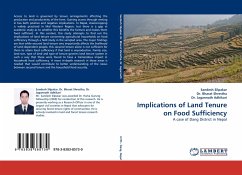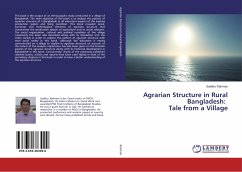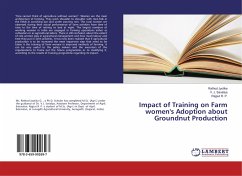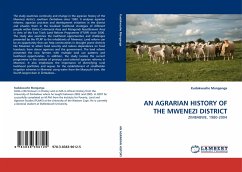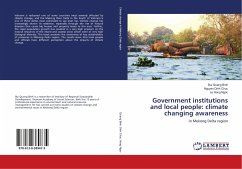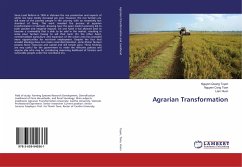
Agrarian Transformation
Versandkostenfrei!
Versandfertig in 6-10 Tagen
56,99 €
inkl. MwSt.

PAYBACK Punkte
28 °P sammeln!
Since Land Reform in 1993 in Vietnam the rice production and exports of white rice have mostly increased per year. However, the rice farmers are still some of the poorest people in the country, with an excessively low standard of living. This work revealed the process of agrarian transformation in Vietnam, showing how the open market economy led to both positive and negative impacts. On one hand it has allowed land to become a commodity that is able to be sold in the market, resulting in some poor farmers having to sell their land. On the other hand, commercialized agriculture and expansion of...
Since Land Reform in 1993 in Vietnam the rice production and exports of white rice have mostly increased per year. However, the rice farmers are still some of the poorest people in the country, with an excessively low standard of living. This work revealed the process of agrarian transformation in Vietnam, showing how the open market economy led to both positive and negative impacts. On one hand it has allowed land to become a commodity that is able to be sold in the market, resulting in some poor farmers having to sell their land. On the other hand, commercialized agriculture and expansion of the urban area has provided more opportunities for non-farm employment. Despite the fact that socialist ideology does not create racial discrimination, some Khmer farmers possess fewer resources and capital and still remain poor. These findings are very useful for the government to make the effective policies and anyone else who may be considering improving livelihood of farmers and vulnerable people under the neo-liberal era.



